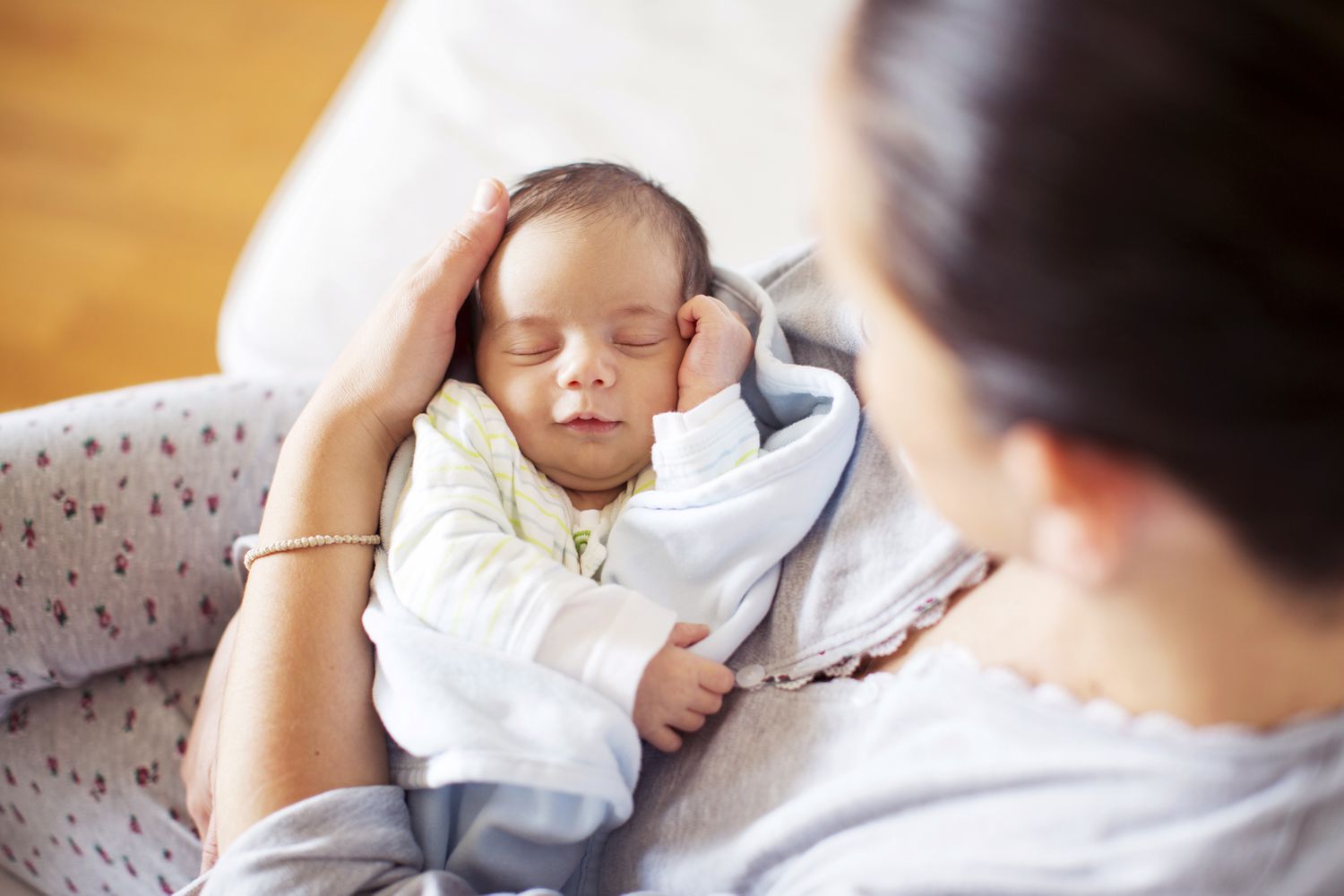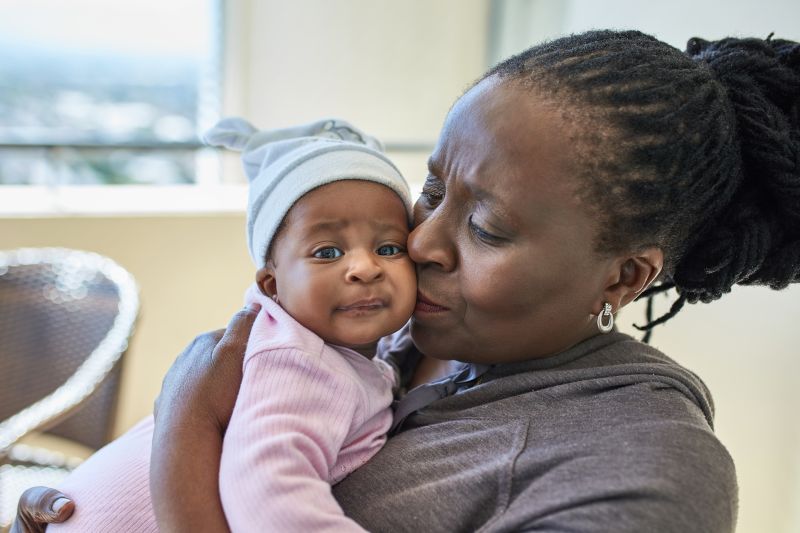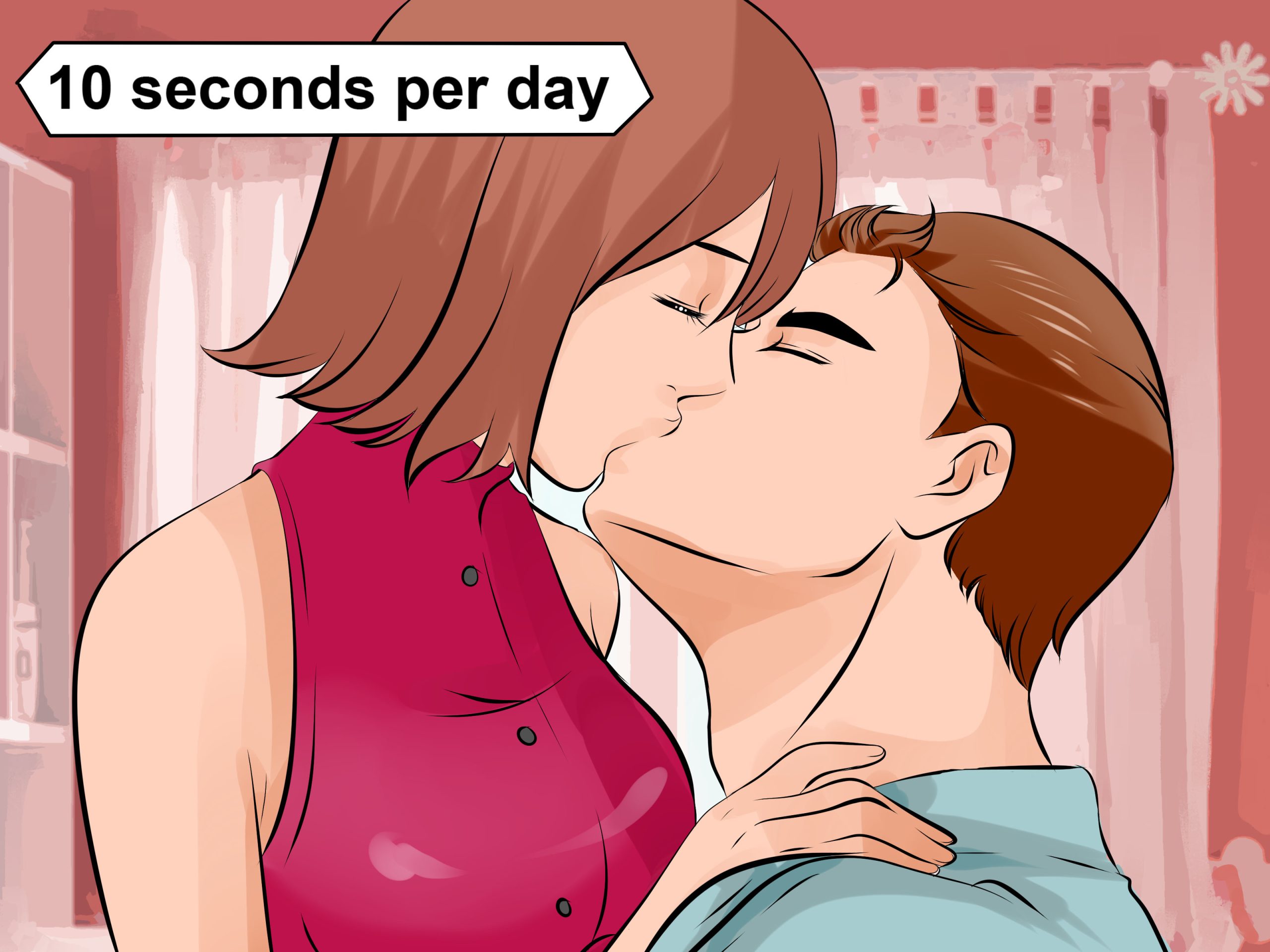Can Babies Feel Parents Love?
Yes, babies can feel their parents’ love. Research shows that infants are able to pick up on their parents’ emotions and respond accordingly.
From the very first moments of life, a baby is hardwired to learn from and seek the comfort of their caregivers. As they develop, they become more capable of interpreting and responding to social cues, including the emotions conveyed by their parents.
Science backs up this seemingly instinctual bond between parent and child, with studies showing that a nurturing environment can have a positive impact on a baby’s emotional and physical well-being. In this article, we’ll delve deeper into the topic of babies and parental love, exploring the science behind the bond and practical ways parents can nurture their babies’ emotional development.

Credit: raisingchildren.net.au
The Science Behind Baby-Parent Bonding
Babies can indeed feel their parent’s love, and science can explain how. The attachment process begins when a baby’s basic needs are met by a caregiver. Oxytocin, often called the “bonding hormone,” is responsible for creating feelings of warmth and attachment between parent and baby.
Skin-to-skin contact, eye contact, and gentle interaction between parent and baby can increase oxytocin levels and promote healthy bonding. This attachment process is crucial for a baby’s emotional and cognitive development, as a secure attachment can lead to positive emotional and behavioural outcomes later in life.
So, yes, babies can feel their parent’s love, and the science behind it proves just how essential this bond truly is.
Exploring The Relationship Between Love And Attachment
Love and attachment are the two main pillars of a parent-child relationship. From a very early age, babies display attachment behaviors towards their caregivers. They have a natural inclination to seek comfort and security from their parents. Research has shown that babies can indeed feel their parents’ love and affection.
Loving gestures such as cuddling, hugging, kissing, and talking gently to babies can trigger the release of oxytocin – the love hormone. This hormone helps to strengthen the bond between a parent and their baby. Showing affection to a baby regularly can lead to a more secure attachment, which in turn, enhances their development and emotional well-being.
Some ways to show love to babies include speaking softly, singing lullabies, making eye contact, and responding to their cries promptly. By doing so, parents can help their babies feel loved and secure.
Factors That Affect Baby Attachment
Babies begin to form relationships with their parents in the womb. The bond created between a baby and their parents is crucial to their development. Parent’s emotional state and mental health can significantly impact a baby’s attachment. Babies need physical contact and touch to feel secure and develop a healthy attachment.
Parents who respond to their baby’s cues and needs create a secure relationship. When a caregiver consistently responds to a baby’s needs, the baby feels safe and secure. There are many factors that affect parent-child attachment but providing a loving and responsive environment is key.
By forming a strong attachment with their parents, babies are more likely to develop into healthy, happy individuals.
Emotional Development In Babies
Babies are born capable of experiencing and expressing a range of emotions, including happiness, anger, fear, and sadness. But understanding these emotions and developing healthy emotional regulation skills are a part of emotional development, which is dependent on the quality of attachment with parents or caregivers.
Through responsive parenting, infants begin to develop trust, feel secure, and learn to regulate their emotions. The process of emotional development starts in the first few months of life and continues throughout childhood. Research shows that positive emotional experiences, such as feeling loved and valued, can have a long-lasting impact on an infant’s emotional and physical health.
Therefore, nurturing a child emotionally is one of the most fulfilling and rewarding experiences of parenting, and serves as the foundation for healthy emotional development.
The Benefits Of A Strong Parent-Child Bond
From their earliest moments, babies can sense a parent’s love. When a strong bond forms, the cognitive and social development of the child can thrive. They learn communication skills and develop a sense of trust in themselves and those around them.
Researchers have even noted a link between a close bond and future adult relationships. By nurturing an emotional connection with their child, parents can help set a solid foundation for lifelong happiness and success.
The Risks Of Poor Attachment
Babies’ emotional, physical, and cognitive development is impacted by poor attachment. Negative effects can be significant. Early signs of poor attachment can include excessive crying, avoidance, poor eye contact, and difficulty bonding. While parents may worry about spoiling their babies, inconsistent responses to their needs are far more detrimental.
When babies feel seen, heard, and responded to, their brains develop in healthy ways. Secure attachment forms the foundation for positive coping skills and resilience throughout life. Parents can nurture attachment by responding consistently with empathy, affection, and attention to their babies’ needs.
When babies feel loved, they thrive.
Frequently Asked Questions On Can Babies Feel Parents Love?
Can A Baby Feel A Parent’S Love?
Yes, babies can absolutely feel a parent’s love. They thrive on physical touch, attention, and affection.
At What Age Do Babies Recognize Their Parents?
Babies can recognize their parents’ faces within the first few months of life, while their long-term memory develops later on.
How Does A Parent’S Affection Affect A Baby’S Development?
A parent’s affectionate and attentive behavior can positively impact a baby’s emotional, social, and cognitive development.
What Are Some Ways To Show Love To A Baby?
Some ways to show love to a baby include cuddling, hugging, singing, playing, and talking to them in a gentle, soothing tone.
Is It Possible To Show Too Much Love To A Baby?
It is not possible to show too much love to a baby. However, it is important to balance affection with allowing them to explore and learn on their own.
Conclusion
As we wrap up our discussion, it’s clear that babies have the ability to feel their parents’ love in various ways. From skin-to-skin contact to talking, singing, and playing with them, these simple gestures are enough to make our babies feel loved and secure.
The importance of parents’ love cannot be overstated as it forms an emotional foundation for babies, promoting positive mental wellbeing. In fact, research shows that parental love goes a long way in helping babies develop and grow into healthy individuals.
Therefore, it’s crucial for parents to prioritize bonding with their babies, engaging in activities that enhance their emotional connection. A baby’s ability to feel their parents’ love is an innate process that can have profound implications for their lifelong development.
As parents, let’s do our best to foster this bond and love our babies unconditionally.






